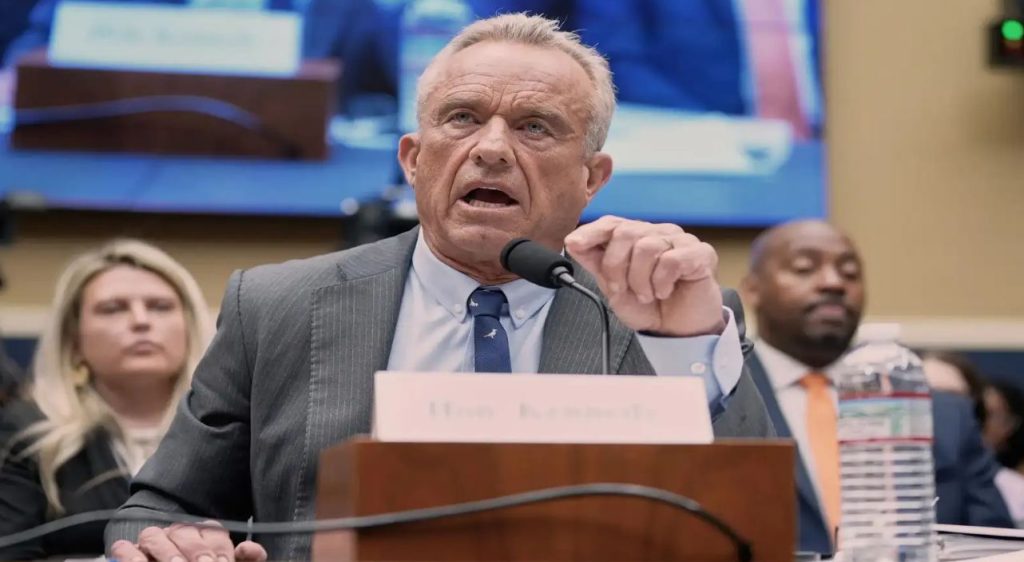Robert F. Kennedy Jr. recently caused a stir after making startling comments regarding children’s sperm counts during a speech at the White House. Addressing the United States’ declining fertility rate, he claimed that teenage boys today possess only half the sperm count and testosterone levels of men in their sixties. Kennedy framed the declining birth rate as a national security concern, linking it to exposure to endocrine-disrupting chemicals and praising efforts by Donald Trump’s administration to address these issues.
Statements Met With Skepticism
Kennedy’s remarks were immediately questioned by experts and the public. Medical professionals highlighted that sperm counts naturally decline with age, meaning teenagers would typically have significantly higher levels than older men. The claim that average teenagers have only 50 percent of the sperm count of 65-year-olds was widely deemed inaccurate. Social media users expressed disbelief and frustration, questioning the methodology behind such statistics and mocking the implausibility of Kennedy’s assertions.

Social Media Reaction
The speech quickly became a trending topic online, with users expressing shock and humor in response. One Reddit user questioned how such data could even be collected, while another sarcastically noted that if teenage boys had ten sperm and girls had none, the average would be five—pointing out the absurdity of the claim. Other commenters suggested that economic factors, such as the cost of housing, were more likely responsible for declining birth rates than chemical exposure. Many saw Kennedy’s remarks as a politically motivated exaggeration designed to provoke a reaction.
Controversy Around Fertility and Parenthood
Kennedy tied his personal experience as a father of seven to the broader discussion, suggesting that modern parents struggle to access opportunities to have children. He emphasized the importance of fertility for the nation’s future, linking the issue to societal stability. While his intentions may have been to raise awareness, the outlandish nature of his statistics overshadowed the underlying message. Critics argued that the discussion of fertility should be approached with scientific accuracy rather than hyperbolic claims.
The Public’s Confusion
The combination of shocking statements and social media scrutiny left many Americans confused about the actual state of fertility in the United States. Users debated the validity of Kennedy’s sources and expressed concern over how misleading statistics could influence public perception. Some commentators highlighted the dangers of spreading unverified information, noting that it could create unnecessary panic or reinforce misconceptions about reproductive health.

Political Implications
Kennedy’s comments also drew attention to the intersection of science, politics, and media. By tying fertility issues to national security and political agendas, he sparked discussions about how public figures use scientific topics to advance ideological viewpoints. While some supporters defended his intent to highlight environmental health concerns, others criticized him for presenting false or misleading claims, undermining public trust in legitimate health research.
Moving Forward
The controversy surrounding RFK Jr.’s speech illustrates the importance of scientific literacy in public discourse. It highlights the need for accurate data when discussing sensitive topics such as fertility and child development. As debates over population trends and reproductive health continue, experts urge both policymakers and the public to rely on verified information and consider multiple factors, including lifestyle, economic conditions, and environmental influences, before drawing conclusions.

















